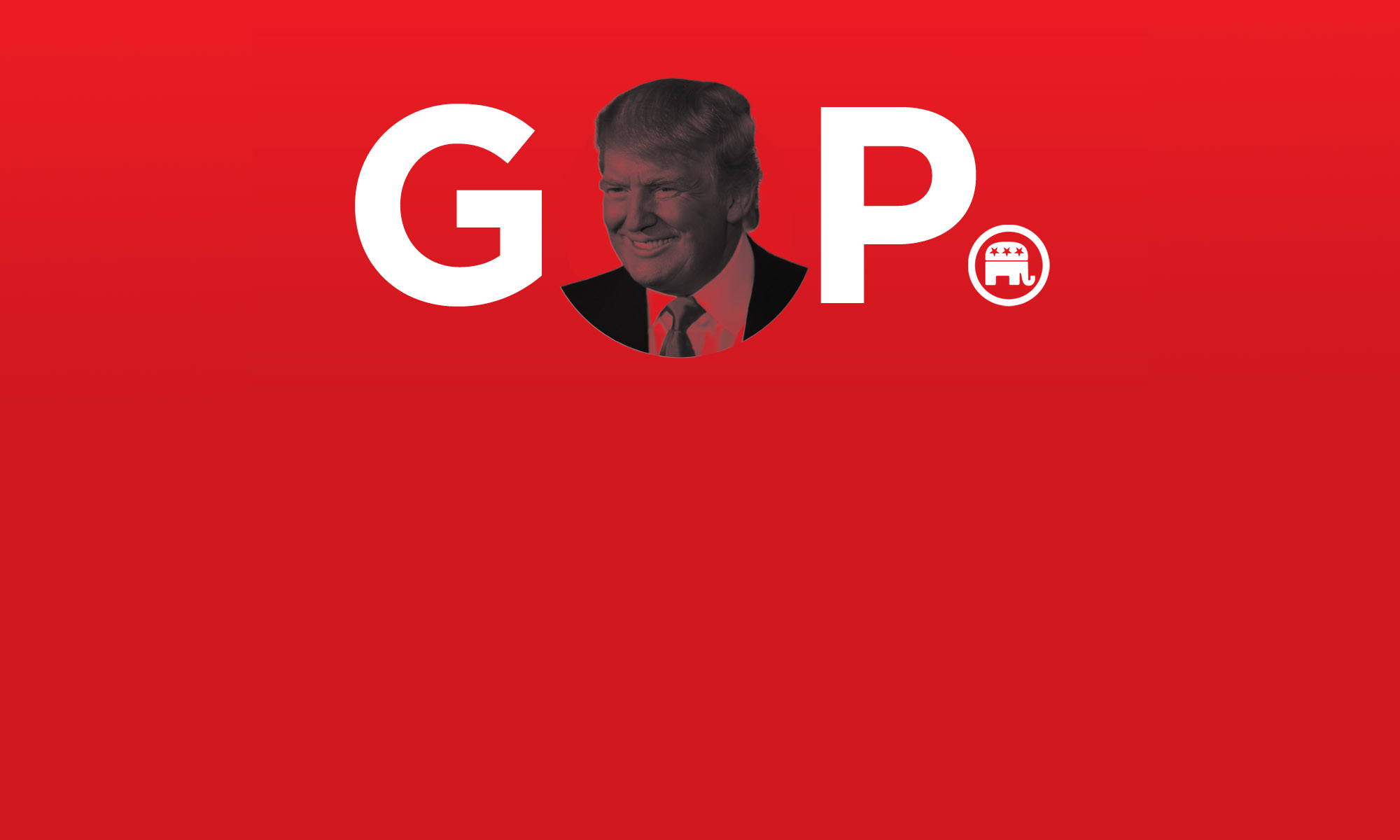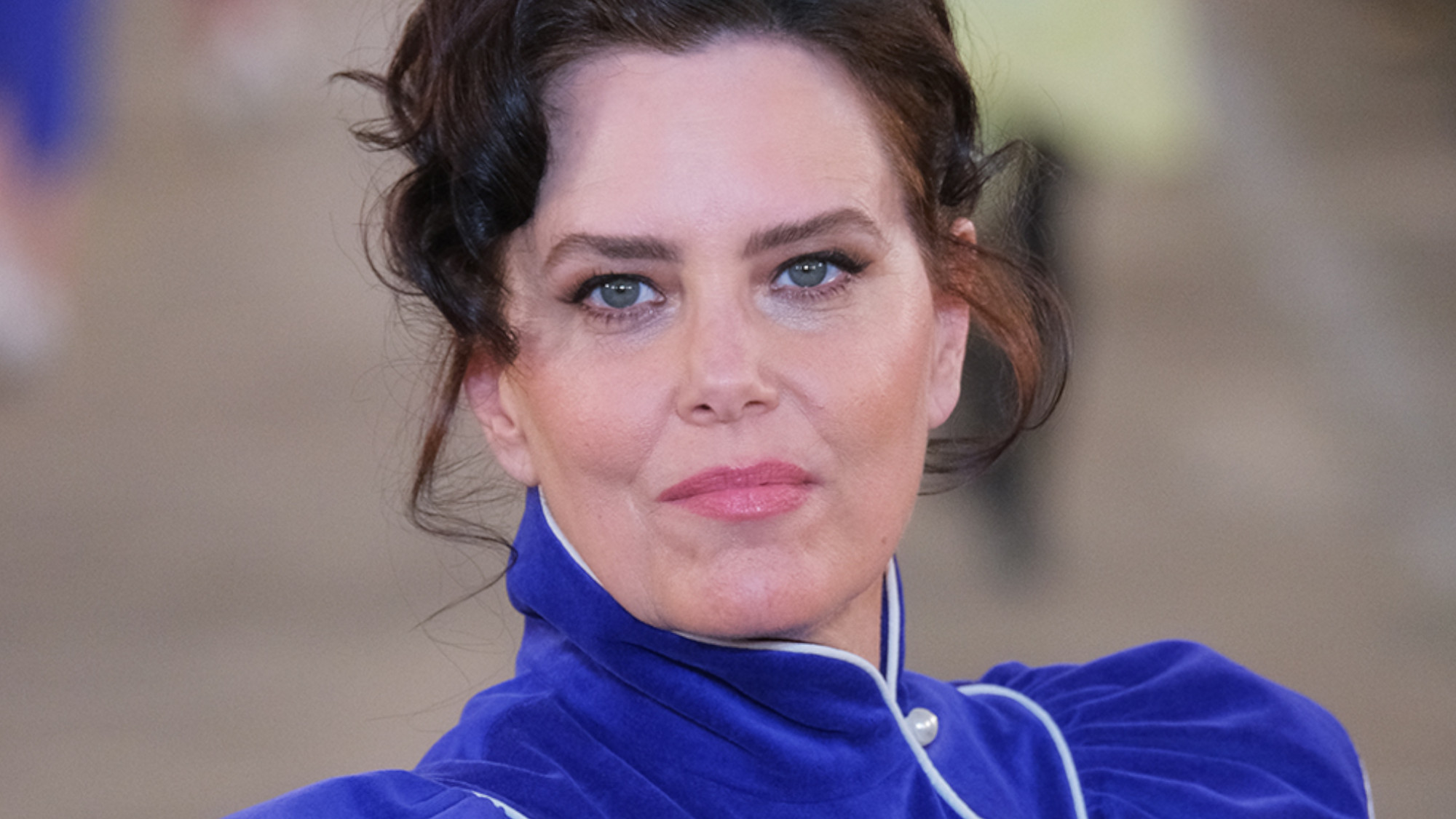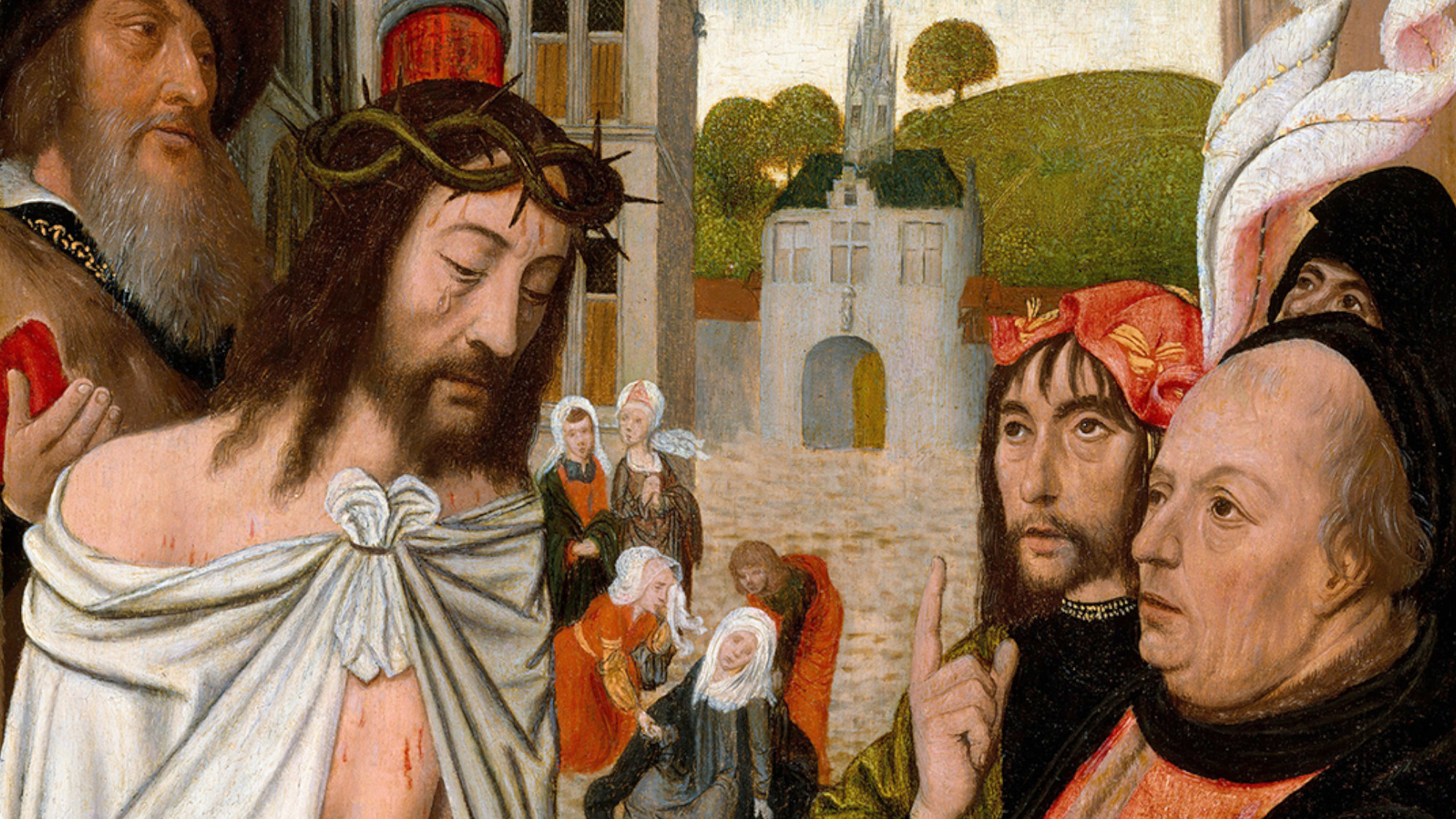The Republican Party now belongs to Donald Trump
Trump's GOP is a mix of Chris Christie and Jeff Sessions, with a dash of coal country thrown in


When Donald Trump became the GOP's presumptive presidential nominee, he successfully reversed the ruling order of the Republican Party. Those who were last are now first. And for the first time in decades, someone had united the non-conservative factions of the Republican Party.
Is it any wonder Republicans seem disoriented?
The conservative movement, whose ideas long dominated the Republican Party, had its natural base in the anti-New Deal middle West and the individualist far West. Theirs was a synthesis of Robert Taft's conservatism and Barry Goldwater's austere individualism. Eventually, this movement assimilated to itself the churched evangelicals, Catholics, and Mormons of the Moral Majority, along with hawkish neoconservative intellectuals. Naturally, this coalition was on the side of business owners ("You didn't build that"), free trade, and unrestricted immigration. It was hawkish and moralizing, and its intellectuals had a preoccupation with sound doctrine. They talked about capital-P Principles. These were the conservatives who came to dominate the party after the Reagan and Gingrich revolutions.
Subscribe to The Week
Escape your echo chamber. Get the facts behind the news, plus analysis from multiple perspectives.

Sign up for The Week's Free Newsletters
From our morning news briefing to a weekly Good News Newsletter, get the best of The Week delivered directly to your inbox.
From our morning news briefing to a weekly Good News Newsletter, get the best of The Week delivered directly to your inbox.
But now, at the moment of that coalition's strenuous exhaustion, Donald Trump has built a new coalition that draws from everyone else in the Republican fold. And he won.
Trump drew in the secular and moderate Northeast Republicans who had been sidelined by the conservatives. He combined those with the populist, nationalist South, particularly unchurched evangelicals. He threw in the downwardly mobile parts of Appalachia as well. The Trump coalition is a mix of Chris Christie and Jeff Sessions, with a dash of coal country thrown in.
This coalition is protectionist and talks about "jobs," not entrepreneurs. It is skeptical of wars, but willing to be merciless when necessary. Its would-be edgy intellectuals are particularists who care more about style than doctrine. They talk about forces. This coalition combines and amplifies traditional Mugwump and Dixie objections to mass immigration.
That Trump accomplished this is astonishing. Trump lacks principle, knowledge, and political judgment. (Just imagine the face he would make if someone explained to him that he was reviving the Mugwump tradition in Republican politics.) On issues where he has little knowledge or experience, he has an unusual ability to run ahead of public opinion. For the die-hard Trump supporters, Trump's march to victory over more conventional Republicans has boosted their morale. Trump rallies are weird carnivals. Their lead performer is loose.
Trump is now asking traditional conservatives to get on board and be as obedient to their new leaders as the followers were to them. You could say they are falling in line. Even the candidates who attacked him most vociferously, Marco Rubio and Rick Perry, seem to be signing up for a ride on the Trump Train. But many conservative stalwarts are making this transition with deliberate slowness. It is as if they want observers to view them less as accomplices than as hostages. Good luck with that.
Paul Ryan was "just not ready" to endorse Trump earlier this month, but seems to be trending in that direction. Trump called Lindsey Graham last week and seems to have gotten Graham to at least be a little quieter. The GOP's fundraising apparatus is kicking into low gear and looks like it is going to stay that way. If Trump's ideological makeover of the Republican Party somehow makes the party more competitive against Democrats, the Ryans and Grahams and an entire class of conservative intellectuals and party technicians are in for a rude awakening in November.
Losing command of the party is a difficult thing to accept. And I doubt the conservative movement will accept it in time for this election. Conservatives expect Trump to lose.
My own inclination is to step aside and let Trump's campaign burn itself into cinders by November. But I also believe Hillary Clinton is fully capable of self-destructing. If Trump wins without conservatives, they may never seem useful to the party again. And if he loses, the conservative leaders who joined him may never be trusted by the many conservative institutions and donor class in the same way.
Sign up for Today's Best Articles in your inbox
A free daily email with the biggest news stories of the day – and the best features from TheWeek.com
Michael Brendan Dougherty is senior correspondent at TheWeek.com. He is the founder and editor of The Slurve, a newsletter about baseball. His work has appeared in The New York Times Magazine, ESPN Magazine, Slate and The American Conservative.
-
 Ione Skye's 6 favorite books about love and loss
Ione Skye's 6 favorite books about love and lossFeature The actress recommends works by James Baldwin, Nora Ephron, and more
By The Week US
-
 Book review: 'Miracles and Wonder: The Historical Mystery of Jesus' and 'When the Going Was Good: An Editor's Adventures During the Last Golden Age of Magazines'
Book review: 'Miracles and Wonder: The Historical Mystery of Jesus' and 'When the Going Was Good: An Editor's Adventures During the Last Golden Age of Magazines'Feature The college dropout who ruled the magazine era and the mysteries surrounding Jesus Christ
By The Week US
-
 Not invincible: Tech burned by tariff war
Not invincible: Tech burned by tariff warFeature Tariffs on Asian countries are shaking up Silicon Valley, driving up prices and deepening global tensions
By The Week US
-
 The JFK files: the truth at last?
The JFK files: the truth at last?In The Spotlight More than 64,000 previously classified documents relating the 1963 assassination of John F. Kennedy have been released by the Trump administration
By The Week Staff
-
 'Seriously, not literally': how should the world take Donald Trump?
'Seriously, not literally': how should the world take Donald Trump?Today's big question White House rhetoric and reality look likely to become increasingly blurred
By Sorcha Bradley, The Week UK
-
 Will Trump's 'madman' strategy pay off?
Will Trump's 'madman' strategy pay off?Today's Big Question Incoming US president likes to seem unpredictable but, this time round, world leaders could be wise to his playbook
By Sorcha Bradley, The Week UK
-
 Democrats vs. Republicans: who are the billionaires backing?
Democrats vs. Republicans: who are the billionaires backing?The Explainer Younger tech titans join 'boys' club throwing money and support' behind President Trump, while older plutocrats quietly rebuke new administration
By Harriet Marsden, The Week UK
-
 US election: where things stand with one week to go
US election: where things stand with one week to goThe Explainer Harris' lead in the polls has been narrowing in Trump's favour, but her campaign remains 'cautiously optimistic'
By Harriet Marsden, The Week UK
-
 Is Trump okay?
Is Trump okay?Today's Big Question Former president's mental fitness and alleged cognitive decline firmly back in the spotlight after 'bizarre' town hall event
By Harriet Marsden, The Week UK
-
 The life and times of Kamala Harris
The life and times of Kamala HarrisThe Explainer The vice-president is narrowly leading the race to become the next US president. How did she get to where she is now?
By The Week UK
-
 Will 'weirdly civil' VP debate move dial in US election?
Will 'weirdly civil' VP debate move dial in US election?Today's Big Question 'Diametrically opposed' candidates showed 'a lot of commonality' on some issues, but offered competing visions for America's future and democracy
By Harriet Marsden, The Week UK